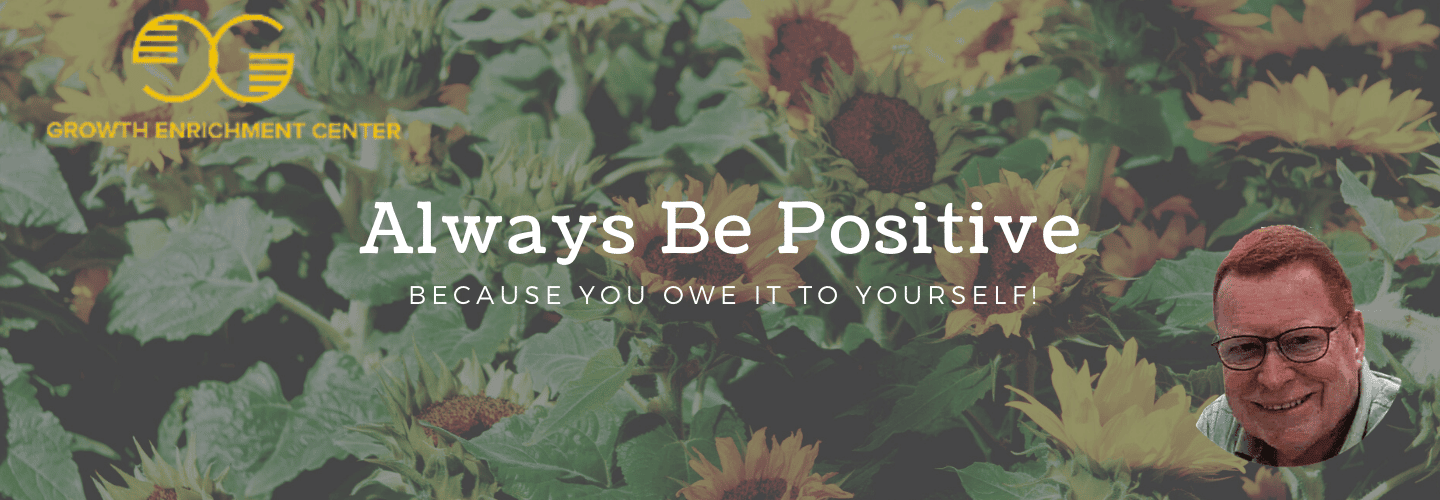
Yes, limiting beliefs are indeed your hidden chains. They subtly shape your self-perception and impact your daily actions and long-term goals. Often ingrained from early experiences and societal feedback, these beliefs can make you doubt your capabilities and worth. With techniques like journaling and mindfulness, you can uncover and confront these insidious barriers. Understanding and overcoming them not only frees you but also initiates profound personal growth, revealing opportunities previously obscured by self-imposed boundaries. More insights await as you explore this topic further.
Key Takeaways
- Limiting beliefs are invisible barriers that negatively shape perceptions and hinder personal growth.
- These self-imposed limitations often stem from ingrained core beliefs influenced by early experiences.
- Fear amplifies limiting beliefs, creating a cycle that stifles action and reinforces feelings of inadequacy.
- Overcoming limiting beliefs involves self-awareness, identifying and reframing negative thoughts, and employing strategies like journaling and mindfulness.
- Adopting a growth mindset and leveraging a supportive network can facilitate overcoming these hidden chains and promote continuous improvement.
The Nature of Limiting Beliefs and Their Impact on Your Life

Limiting beliefs are often invisible barriers that profoundly shape your self-perception and worldview, effectively hindering your potential.
Through self-awareness techniques, you can uncover these hidden shackles, initiating belief transformation. Research underscores that individuals who engage in reflective practices like journaling or mindfulness begin to recognize their limiting narratives.
This awareness is vital; it's the first step towards dismantling these self-imposed limitations. Subsequently, applying techniques such as cognitive restructuring helps you replace negative beliefs with empowering ones.
As you challenge and revise your internal dialogue, you not only foster personal growth but also expand your ability to achieve and excel.
Identifying and Understanding Your Core Beliefs
Why do you hold the beliefs that you do? Your core beliefs, deeply ingrained from your upbringing and experiences, act as the bedrock of your worldview.
These beliefs stem from early interactions and societal feedback, which imprint upon your subconscious, shaping your reactions and decisions. Revealing these origins requires introspection and acknowledgment of how these belief systems are constructed and reinforced.
Understanding your core values isn't just about knowing what you believe, but also why you believe it. By dissecting these foundations, you'll gain insight into your personal narrative and how it guides your daily life.
The Connection Between Fear and Limiting Beliefs

Although often overlooked, the fears that quietly govern our lives are deeply intertwined with our limiting beliefs, forming a complex barrier that can hinder personal and professional growth.
Fear paralysis, a state where fear prevents action, often activates these belief triggers. You mightn't realize it, but every time you hesitate or withdraw due to fear of failure or judgment, you're reinforcing a limiting belief that you aren't good enough or capable.
This cyclical relationship solidifies these beliefs, making them seem more like undeniable truths rather than the subjective interpretations they really are, thereby deeply affecting how you navigate your world.
Strategies for Challenging and Overcoming Negative Thoughts
To effectively challenge and overcome negative thoughts, it's crucial to first recognize their patterns in your daily life. Here are some strategies:
- Identify Triggers: Pinpoint situations or emotions that elicit negative affirmations, preparing you to counteract them proactively.
- Thought Reframing: Convert negative affirmations into positive ones by reassessing the facts and shifting your perspective.
- Mindfulness Meditation: Focus on present experiences to detach from harmful thought cycles, enhancing your response to stress.
- Journaling: Record your thoughts daily to trace patterns and measure progress in thought reframing, deepening your understanding of personal thought processes.
Embracing a Growth Mindset for Personal Transformation

Embracing a growth mindset can fundamentally transform how you approach challenges and setbacks in your life. Rather than viewing failures as insurmountable, you'll see them as opportunities for personal transformation. This shift in perspective isn't just motivational—it's supported by research showing that those with a growth mindset are more resilient and adaptable.
| Aspect | Impact on Growth Mindset |
|---|---|
| Challenges | Opportunities for Learning |
| Setbacks | Catalysts for Development |
| Successes | Reinforcement of Effort |
Building a Support System to Enhance Security
Building on the growth mindset that turns challenges into opportunities for learning, it's equally important to establish a robust support system. Supportive relationships and community involvement are vital in this endeavor.
Here's how you can build this:
- Identify Key Supporters: Pinpoint friends, family, or mentors who encourage and motivate you.
- Engage in Community Groups: Participate in local or online groups that share your interests or challenges.
- Seek Professional Guidance: Sometimes, a counselor or coach can offer insights and strategies that friends cannot.
- Regular Interaction: Maintain regular contact to nurture these relationships and guarantee ongoing support and accountability.
Celebrating Your Progress and Maintaining Positive Change

As you recognize and celebrate each step forward, you're not just acknowledging your achievements; you're also reinforcing the positive changes that contribute to your personal growth.
Identifying progress milestones is essential, as it provides tangible evidence of your journey. It's not merely about the outcomes but understanding the significance of these achievements.
Positive reinforcement, in this situation, acts as a psychological boost, keeping you motivated and focused. Celebrating these milestones encourages a cycle of continuous improvement, pushing you to set and reach new goals.
This cyclical reinforcement not only maintains but also amplifies the positive changes in your life.
Frequently Asked Questions
How Do Cultural Differences Influence the Formation of Limiting Beliefs?
Cultural differences, through societal norms and cultural stereotypes, shape your limiting beliefs by dictating what's acceptable or achievable, greatly affecting how you view your capabilities and potential in varied cultural contexts.
Can Age Impact the Ease of Changing Limiting Beliefs?
Age affects adaptability; younger individuals often exhibit more cognitive flexibility, making it easier for them to challenge and change limiting beliefs compared to older adults who might have more entrenched thought patterns.
Are There Genetic Factors That Predispose Individuals to Certain Limiting Beliefs?
You might wonder if genetic predisposition plays a role in your belief inheritance. While genetics can influence temperament, limiting beliefs are primarily shaped by environment and experiences, not directly by your genetic makeup.
How Do Economic Conditions Shape One's Limiting Beliefs?
Ironically, you often think riches bring freedom, yet economic stress and financial insecurity mold your limiting beliefs, shaping perceptions that wealth equals worth, thereby stunting personal growth and clouding opportunities with fear.
What Role Does Education Level Play in Perpetuating Limiting Beliefs?
Your education level can perpetuate limiting beliefs if access to diverse learning environments is restricted, limiting exposure to new ideas and reinforcing outdated assumptions that hinder personal and intellectual growth.
Conclusion
As you stand at the crossroads of stagnation and growth, the weight of your limiting beliefs tethers you to familiarity. Yet, evidence shows that challenging these mental barriers not only transforms thoughts but reshapes reality. Embrace a growth mindset; let each small victory fuel your journey forward. Remember, the chains are not broken by sheer will alone but through persistent effort and support. Celebrate each step, for in these moments, you are truly free.
